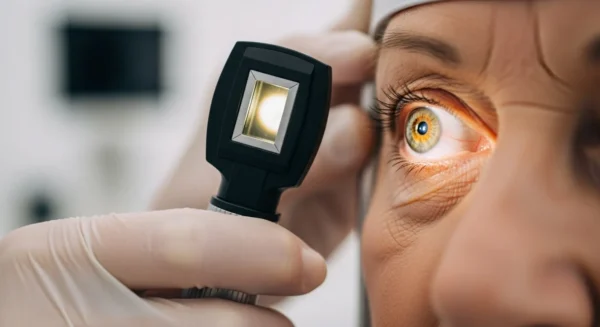
Key Signs It’s Time to Consult a Doctor
This is the most important section of this guide. Your health and safety are paramount. While adopting a healthier diet is a positive step, it is not a substitute for professional medical care. You should always consult your doctor before making any significant changes to your diet or lifestyle. It is especially critical to seek immediate medical advice if you experience any of the following symptoms, which could indicate a serious heart-related issue.
Seek Immediate Medical Attention if You Experience:
- Chest Pain or Discomfort: This includes any feeling of pressure, squeezing, fullness, or pain in the center of your chest that lasts for more than a few minutes or goes away and comes back.
- Pain in Other Areas of the Upper Body: Symptoms can include pain or discomfort in one or both arms, the back, neck, jaw, or stomach.
- Shortness of Breath: This may occur with or without chest discomfort.
- Other Signs: These can include breaking out in a cold sweat, nausea, lightheadedness, or sudden dizziness.
Schedule an Appointment with Your Doctor if:
- You Plan to Start a New Diet: This is non-negotiable, especially if you have pre-existing conditions such as high blood pressure, diabetes, high cholesterol, or kidney disease. Your doctor can help you choose a plan that is safe and effective for your specific health profile.
- You Are Taking Medications: As mentioned earlier, foods can interact with prescription drugs. A physician or pharmacist can review your medications and advise you on any potential food-drug interactions.
- You Experience Negative Side Effects from a Diet: If a new eating plan causes persistent fatigue, digestive upset, dizziness, or unintentional and rapid weight loss, it may not be the right fit for you. These could be signs that your body isn’t getting the nutrients it needs.
- You Notice Swelling: Sudden or worsening swelling (edema) in your legs, ankles, feet, or abdomen can be a sign of heart failure and requires prompt medical evaluation.
Remember, your doctor and a registered dietitian are your best partners in health. They can provide personalized nutrition tips and guidance to ensure your journey toward better cardiac wellness is both safe and successful.
Authoritative health information for seniors is provided by the National Institute on Aging (NIA) and the Centers for Disease Control and Prevention (CDC).















